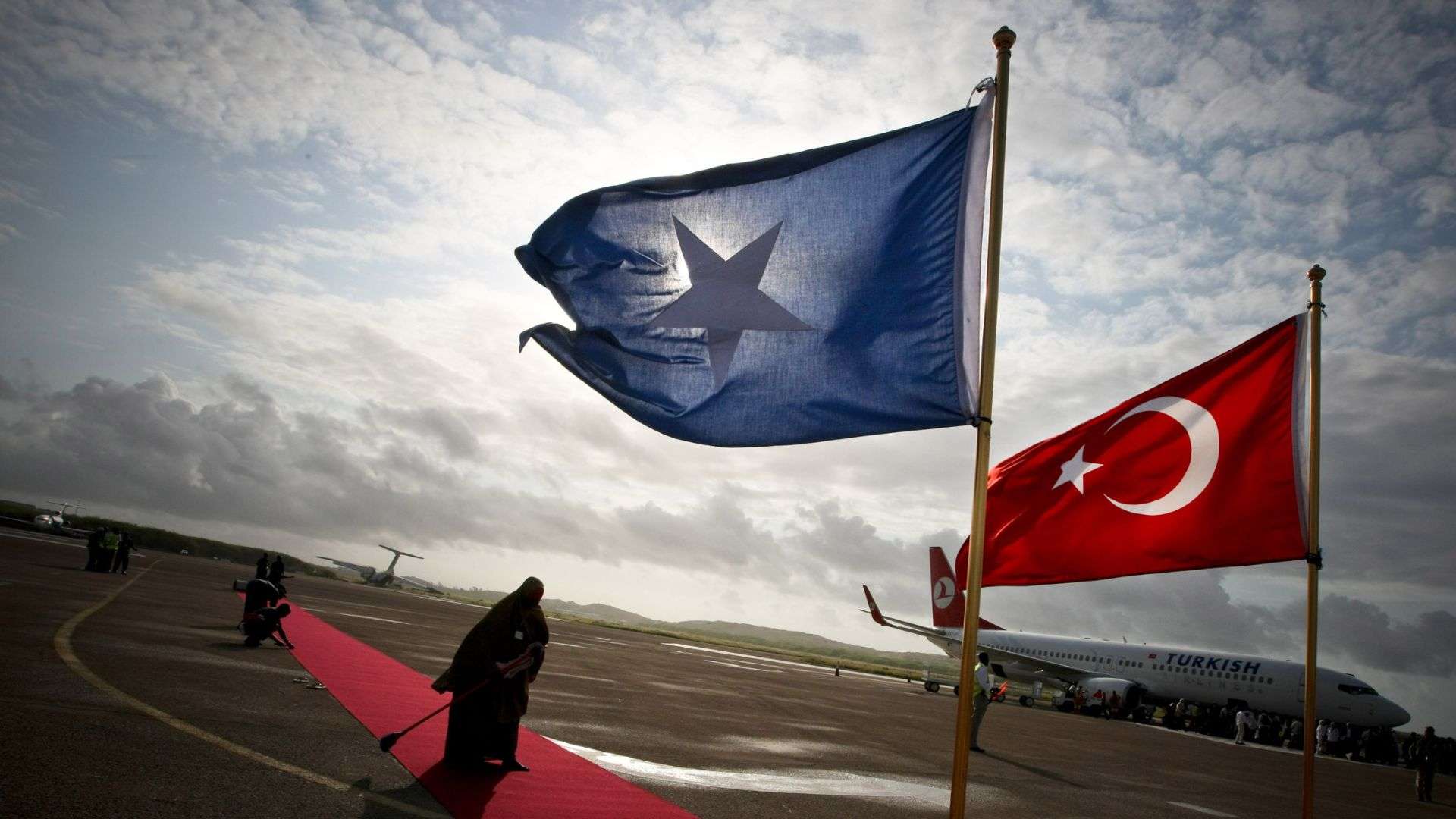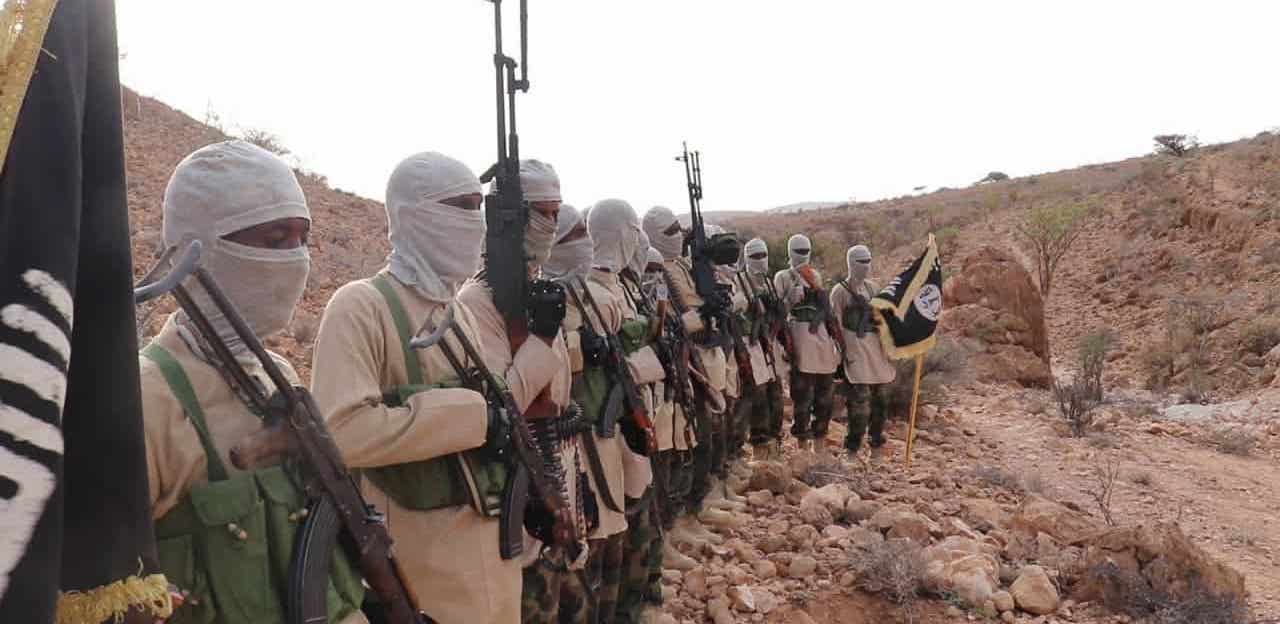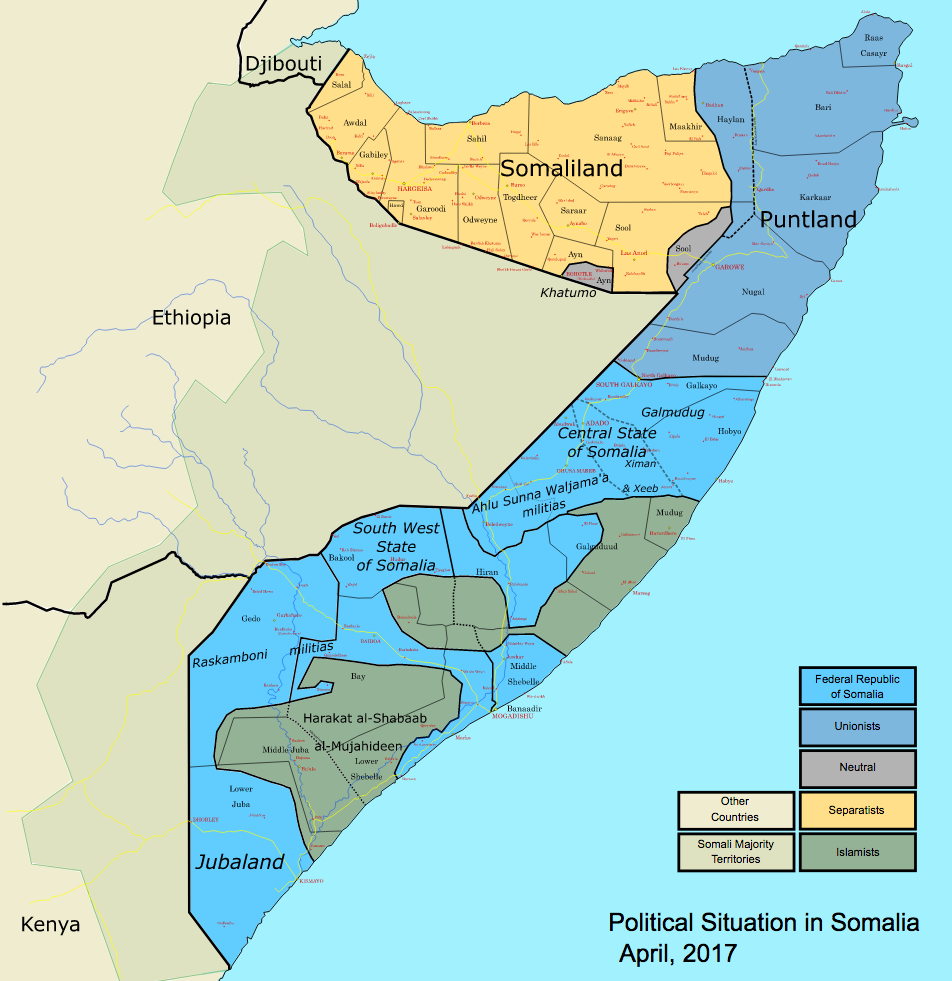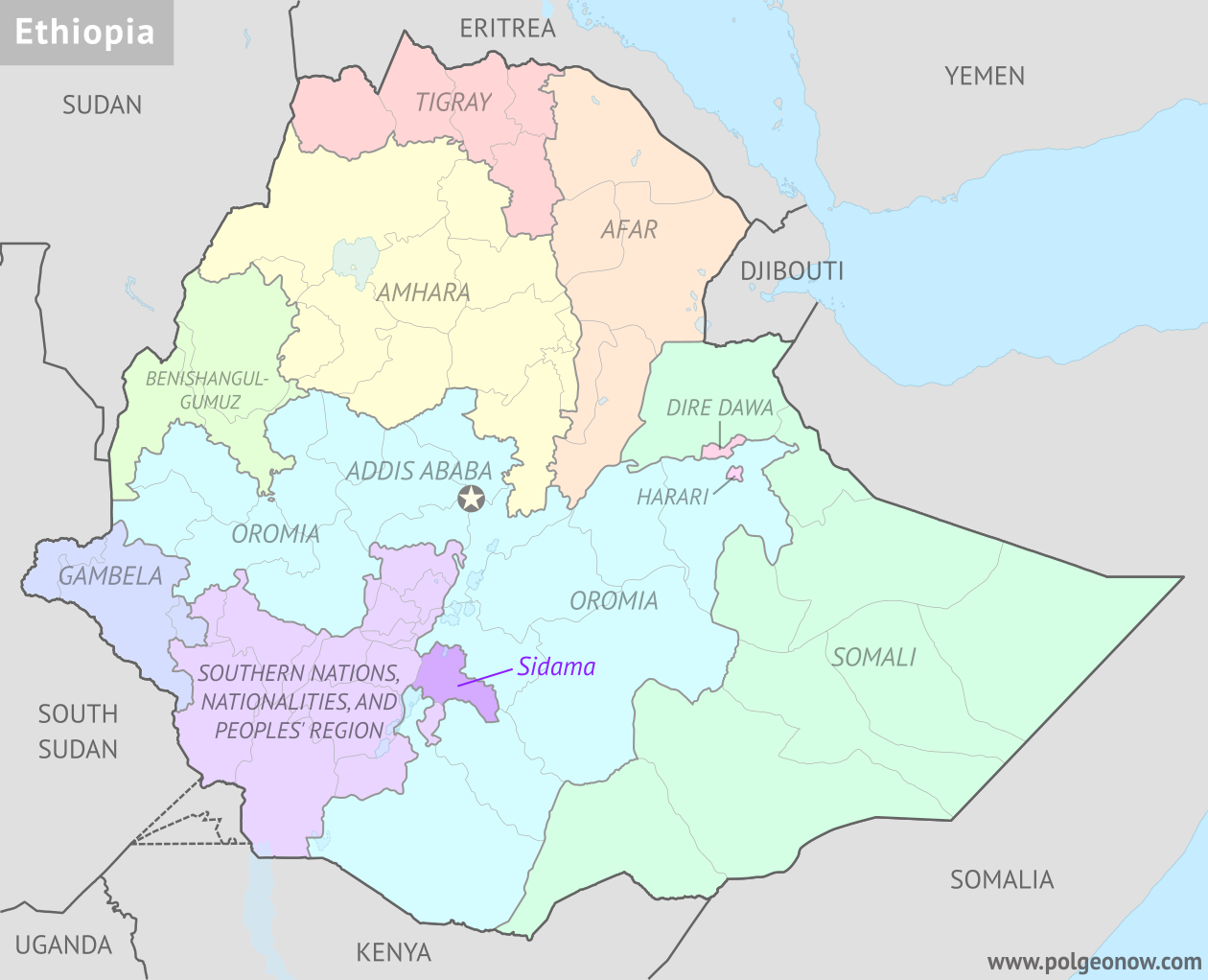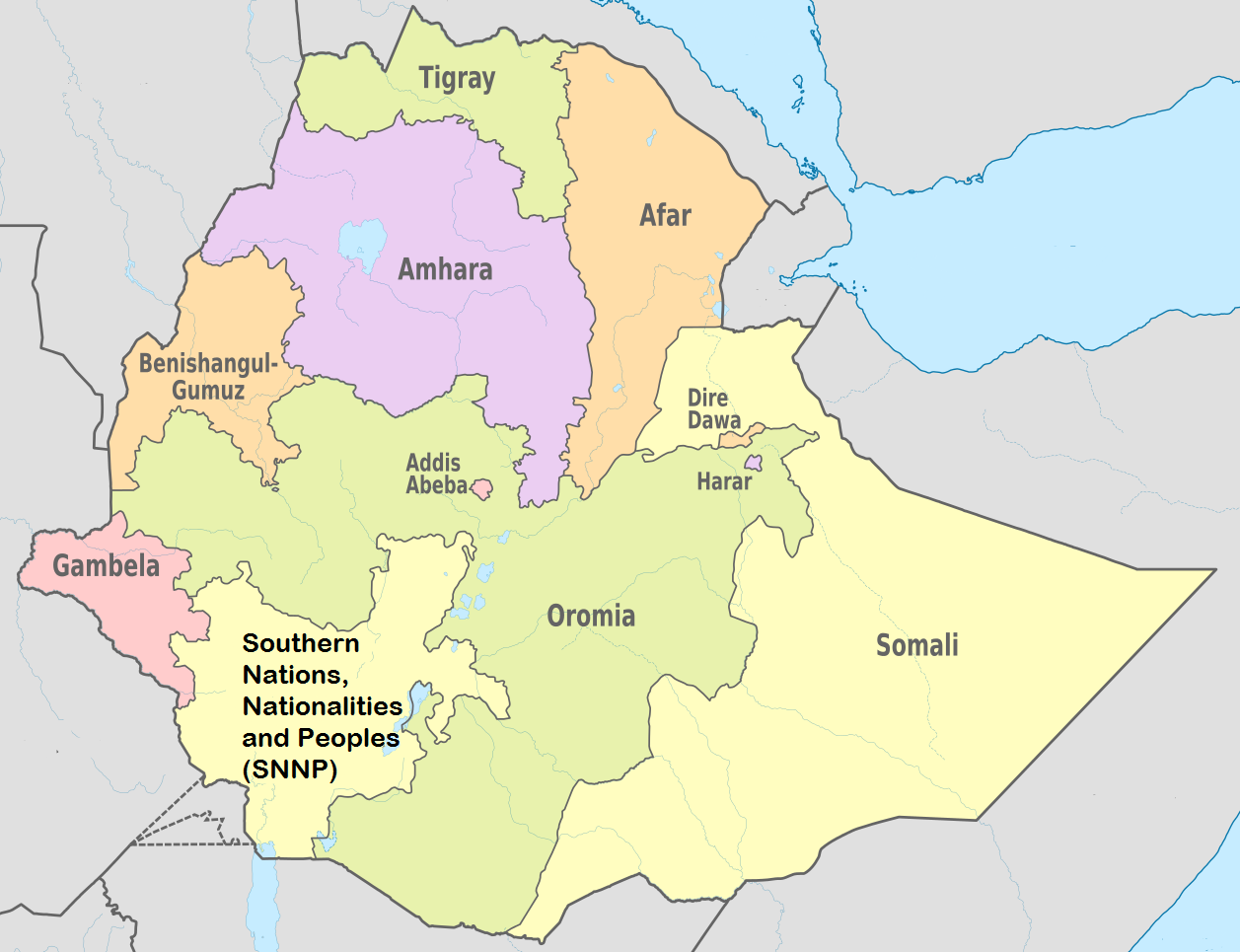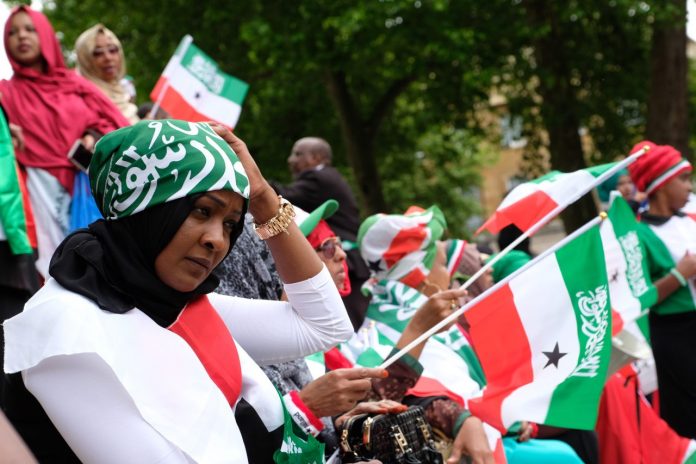
Somaliland and Western Sahara: forbidden symmetry
Israel has become the first country on Earth to recognize the de facto independent Republic of Somaliland, in exchange for a commitment from Somaliland to join the Abraham Accordsand recognize Israel. However, not three years ago, Israel joined the US as the only two countries on Earth to recognize Morocco’s claim to sovereignty over the disputed territory of Western Sahara—a betrayal of the occupied Sahrawi Arab people who seek an independent state. And of course both these deals constitute a betrayal of the Palestinians. Somaliland and the Sahrawi Arab Democratic Republic should be natural allies, and instead they are being pitted against each other in the Great Power game. Yet another example of how a global divide-and-rule racket is the essence of the state system. In Episode 311 of the CounterVortex podcast, Bill Weinberg breaks it down. (Photo: Horn Diplomat via Wikipedia)




